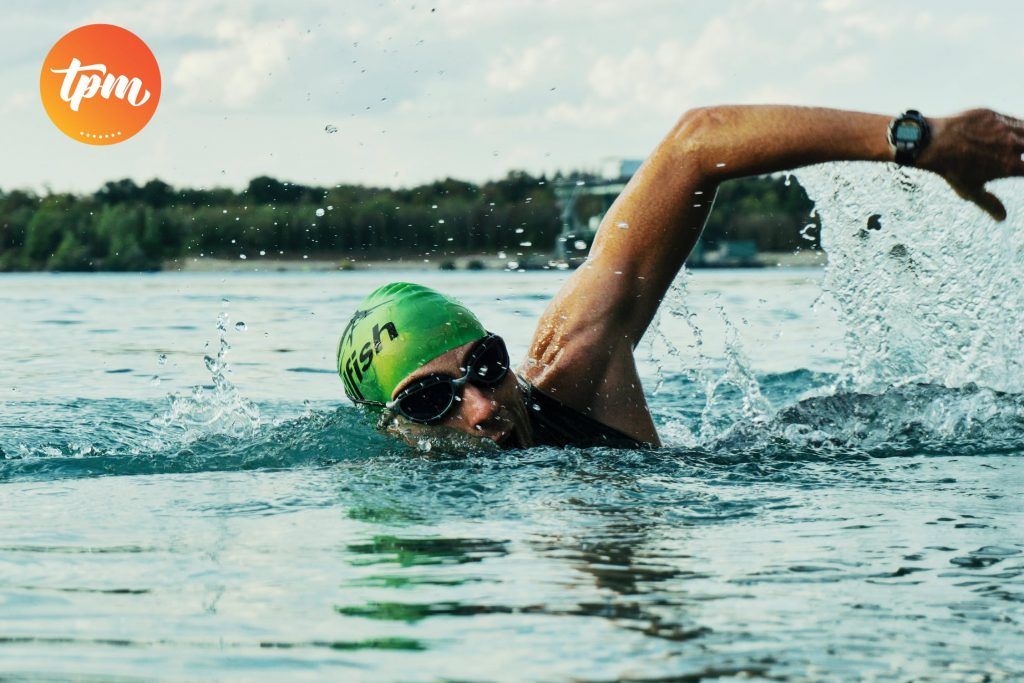
How to spot fatigue In young athletes
As a coach and practitioner I often work with younger athletes (and their parents) in achieving their sporting potential and the goals they set out for themselves. A common and notorious issue that I see in practice is athlete fatigue also known as athlete burnout. This can be defined as an overall decrease in performance for athletes despite the upkeep and maintenance of a basic training regime.
We often regard athlete fatigue as a ‘wall’ but in this instance it is not that simple. Athlete burnout is observed as a decrease in momentum over time. The gradual decline in performance is usually what gives this condition its camouflage to go unnoticed for so long. Sometimes even deterring some young athletes to continue their chosen sport.
As parents, coaches and teachers; we should be on the look out for the following signs to ensure our kids are getting the best out of the time and effort they put in.
Signs to look for in Athlete Fatigue:
Decreased performance
Although obvious, a decrease in performance can be seen in many ways – some that aren’t tangible. A decrease in performance output, motivation, attentiveness and initiative can all be physiological and physiological factors in athlete burnout.
Sleep pattern alteration
Athletes experiencing fatigue are more likely to experience irregular sleeping behaviours. This can be seen as excessive sleep, difficulty falling asleep, broken sleep and even insomnia. It’s important to acknowledge that teenage athletes are expected to have different sleep patters to adults during puberty. However, any rapid changes, or sleep cycles less than 6 hours or greater than 12 hours could be a sign there is an issue.
Long-standing muscle pain
Repetitive movements in training, improper warm up/ cool down and overtraining can all come into play with ongoing muscle soreness. Muscle pain is a multi factorial symptom but Is regularly seen in athletes that are possibly overtraining or not training properly.
Mood and behaviour changes
A fatigued athlete will present as irritable, angry and disinterested. Although this can be dismissed as normal teenage behaviour any noticeable regression in behaviour should be noted.
Increased injuries
There is an observed increase in the frequency of injuries including ‘niggles’ with athletes that are fatigued, this could be possibly due to lack of concentration of the athlete due to tiredness; or the bodies inability to recover due to overtraining. Either way, injuries = loss of training/ competition. Ultimately having a negative impact for the competitor.
Unexpected decline in health
A fatigued athlete will present with a decreased resilience to coughs and colds. Sometimes exhibiting systemic issues such as an increased resting heart rate, constipation and in female athletes infrequent menstrual cycles. Kids are generally more robust than adults, systemic health concerns should therefore be taken more seriously.
Fatigue in young athletes is brought on by various circumstances and conditions. It can present in many different ways and as previously stated it can easily go unnoticed. If you have any concerns or further questions feel free to get in touch or book in with one of our TPM practitioners today.
Dr Jack ~ TPM Chiropractor


